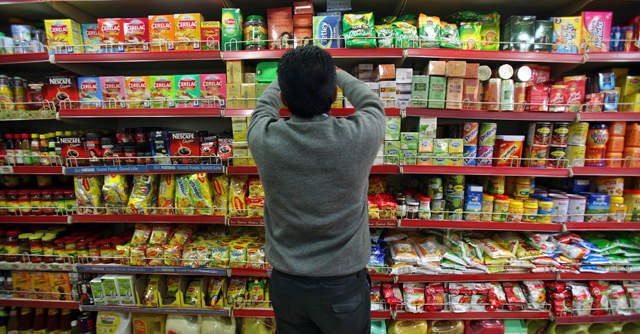
New Consumer Protection Act brings ecommerce entities under its ambit


Ecommerce companies will soon be liable to acknowledge the receipt of consumer complaints within 48 hours and display the name and details of the importer in case of cross-border commerce, according to the Consumer Protection Act 2019 which came into effect on Monday.
The act which replaces the 1986 version also empowers the central government to make rules to prevent unfair trade practices and secure the rights and interests of the consumers. The part of the act which takes into account direct selling and ecommerce activities is likely to be notified soon.
A part of the act that deals with ecommerce entities specify that in case of imported goods and services, the online platform will have to mention the name and details of the importer or relevant seller on the platform.

This also becomes important in the light of the discussion around ‘country of origin’ tags on online products.
Earlier this month, union consumer affairs minister Ram Vilas Paswan also reiterated that sellers and importers will face penal action for failure to display country of origin on e-commerce portals.
“Declaration of country of origin was in place since January 2018 as per the amended Legal Metrology (Packaged Commodities) Rules 2011 for all entities including e-commerce players. When we buy a product in a physical store, the details are visible on the packaging. This did not translate to online platform where the consumer could not see the details in the displayed image,” Rameesh Kailasam, CEO of industry group IndiaTech.org, set up by founders and investors from the Indian ecosystem, said.

Other aspects of the act pertaining to e-commerce include details about sellers including the registered business name, geographical location and customer care number. It also requires sellers on the ecommerce marketplace to give an undertaking that descriptions, images and other content related to the goods or service is accurate.
The ministry of consumer affairs, food and public distribution had released the draft rules in November 2019. During discussions on the model framework for Consumer Protection Act 2019, ecommerce entities had argued that the move will increase cost of compliance for the companies.
